In a development sure to be of interest to New York’s co-op housing community, State Assemblymember Jeffrey Dinowitz (D) of New York’s 81st district announced the passage of a bill during the recently-ended legislative session that would allow cooperative tenant-shareholders 65 years of age and older to apply for reverse mortgages - a type of home equity loan that’s long been available to other types of homeowners, but that until now was not an option for co-ops.
A similar bill - Senate Bill #S03686 - passed the New York State legislature two years ago in 2019, but was ultimately vetoed by Governor Andrew Cuomo, citing concerns that reverse mortgages for co-ops would expose senior shareholders to foreclosure risk. Reverse Mortgage Daily (yes—an actual publication) explains that the 2019 bill was a product of work by officials at the National Reverse Mortgage Lenders Association (NRMLA), attorneys at Weiner Brodsky Kider (WBK), and consumer advocacy groups, including the National Association of Housing Cooperatives (NAHC) and the Council of New York Cooperatives and Condominiums (CNYC) in an effort to allow senior shareholders the ability achieve financing through equity built over years of co-op ownership. Such financing could allow income-strapped seniors in the state to stay in their homes rather than needing to sell and move.
According to Dinowitz, who sponsored the bill, “Cooperative apartments are a very common way for New Yorkers to achieve the goals of homeownership, and seniors who live in these co-ops deserve to have access to the same resources as traditional homeowners so they are not forced to sell their homes in order to get access to cash. Our goal should be to help seniors age in place, in the homes that they have often lived in for decades - and this legislation does just that.”
Justification for the New Bill
Dinowitz notes that cooperatives account for about 75% of New York’s residential buildings. NAHC and CNYC have been lobbying the Department of Housing and Urban Development (HUD) for 16 years to allow reverse mortgages for co-ops, many of whose residents are seniors on lower and/or fixed incomes. The hurdle, he says, is that unlike condos or single-family homes, co-ops are not real property - and as such, HUD has been firm in its policy restricting them from reverse mortgage eligibility.
The bill’s sponsors and advocate organizations believe that the consumer protections in the new legislation are sufficient to convince HUD to adjust its policy. According to one source, “With the correct regulations and liability protection, the older population should be permitted to obtain reverse [mortgages] instead of being forced to relocate from their homes. With this bill, extended consumer protections will be added to the process of acquiring a reverse cooperative apartment unit loan and will ensure that the elderly community that so desperately wishes to stay in their homes will be able to do so.”
NRMLA President Steve Irwin told RMD that his organization “has been tracking the reverse mortgage co-op bills in New York, and we were pleased to see that this legislation passed … NRMLA has worked very closely with several of the stakeholders involved with crafting this legislation, and, while there remain some technical issues to resolve, we are pleased that co-op owners in New York may soon have another financing option available to them through the private-label reverse mortgage marketplace. We are now paying very close attention to when this may get signed by the governor.”
“I hope that Governor Cuomo has reconsidered his opposition to, and I urge him to sign it into law once it is delivered to his desk,” echoes Dinowitz.
In a statement justifying his veto of the 2019 bill, Cuomo said, “While I understand that some senior citizens who own shares of a building would like to be afforded the option to draw on their equity, I am concerned that despite the consumer protections designed to protect borrowers from unscrupulous practices contained in this bill, these borrowers will still be exposed to unnecessary risk that could lead to foreclosure.”
According to RMD, the State Assembly passed the revised bill with a vote of 148-1, while the State Senate passed its version of the bill sponsored by State Sen. Alessandra Biaggi (D) with a vote of 62-1. In the State Senate, says the outlet, the sole “nay” vote came from Sen. Sue Serino (R) representing New York’s 41st district. It was not immediately clear which Assembly representative voted against the bill.



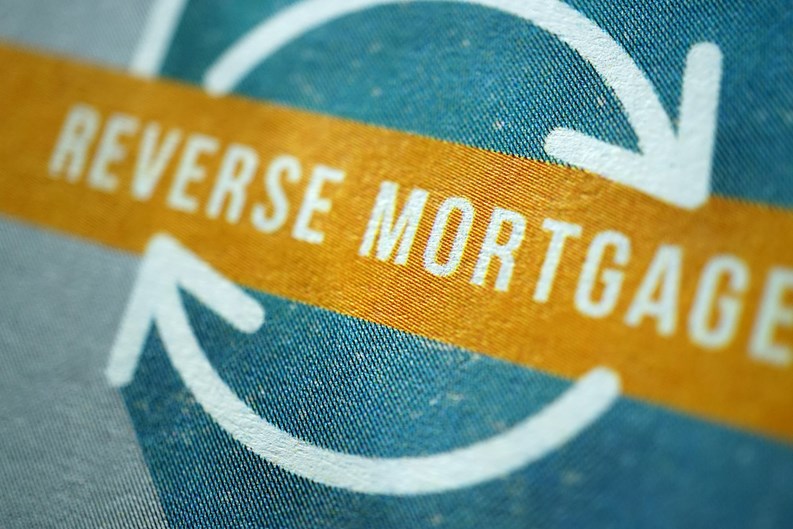

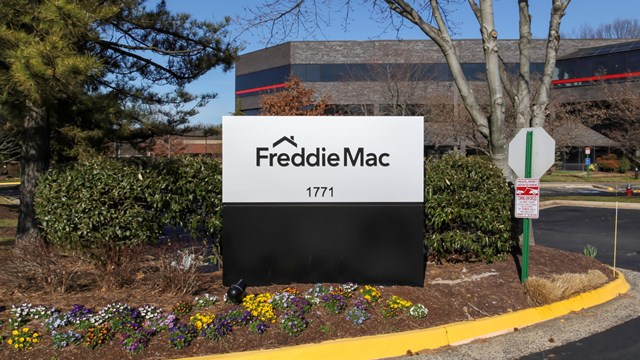
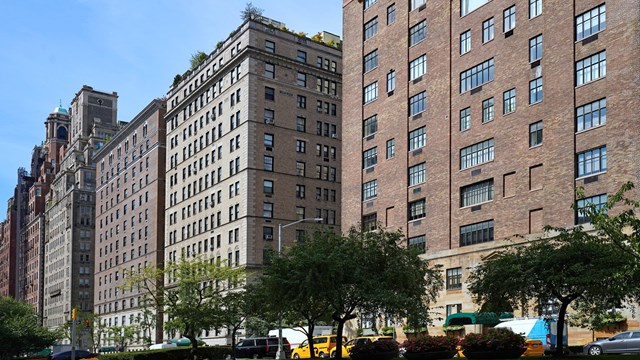
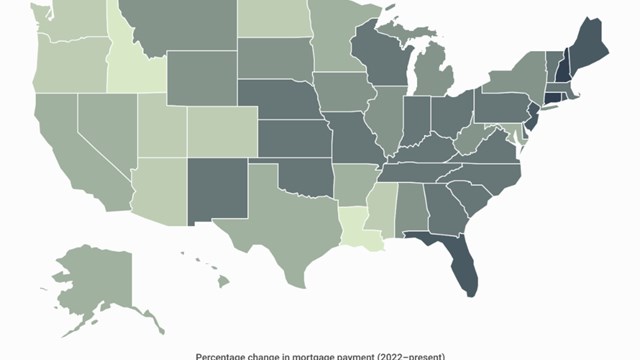
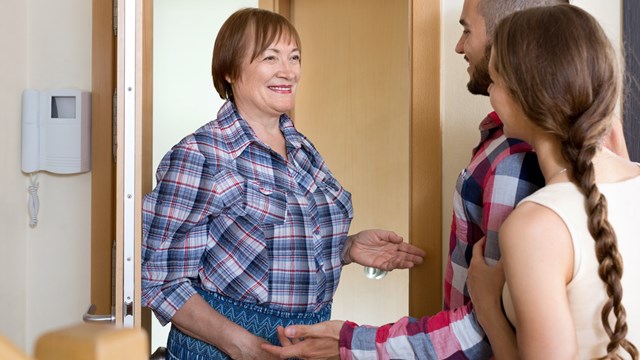

Comments
Leave a Comment